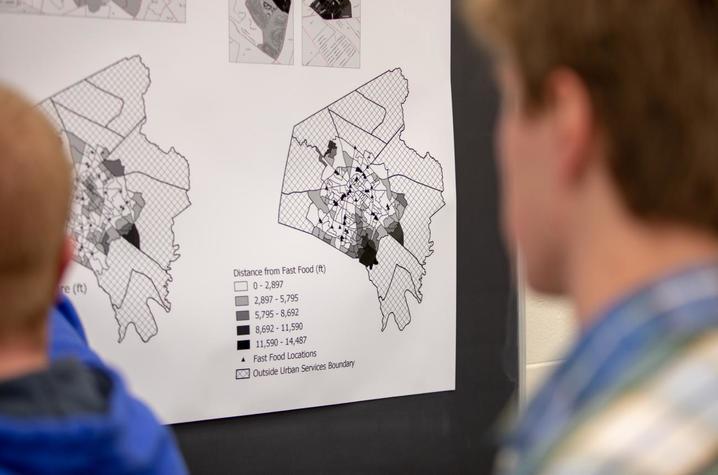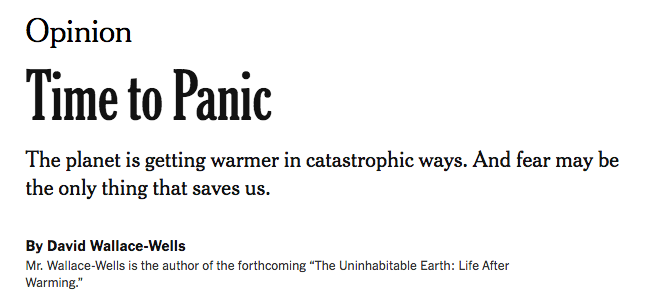A&S Geography 'Maps' its Way to a Better Lexington
By Madison Dyment

By Madison Dyment

For more information, visit: https://www.uky.edu/commencement/springceremonies
By Rebecca Longo and Lindsey Piercy
The University of Kentucky community is celebrating Women’s History Month. Throughout March, UKNow will feature the women — past and present — on whose shoulders we stand and whose hard work has made our achievements possible. With a combination of fierce resolve and deep compassion, UK women have left indelible marks on our university. Join us as we highlight these #WomenOfUK.
By Amy Jones-Timoney, Kody Kiser, and Lindsey Piercy
The University of Kentucky community is celebrating Women’s History Month. Throughout March, UKNow will feature the women — past and present — on whose shoulders we stand and whose hard work has made our achievements possible. With a combination of fierce resolve and deep compassion, UK women have left indelible marks on our university. Join us as we highlight these #WomenOfUK.
As climate change and its many impacts unfold, many worse than we had forecasted or feared, many observers have indicated that Earth is entering a “new normal.” This is not wrong. However, with respect to our ability to understand, adapt to, and predict environmental change from here on out, it is probably more accurate to say there is no normal. The climate and environment that we will contend with will be unlike any our species—much less our infrastructures, institutions, and cultures—has ever encountered. I agree with those who say, sometimes circumspectly and sometimes directly, that it is time to panic. Not in the sense of panic as uncontrollable fear or anxiety that can cause wildly unthinking behavior, but in the sense of another definition: a frenzied hurry to do something. Scientists hate to be called alarmist, but when the house is on fire, you sound the alarm.

New York Times, February, 2019